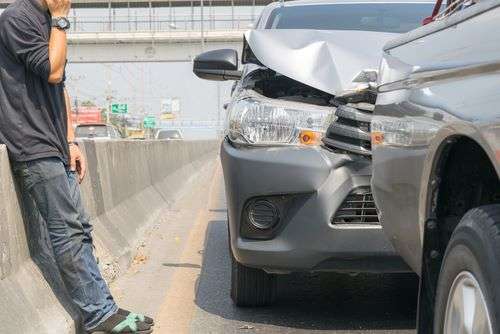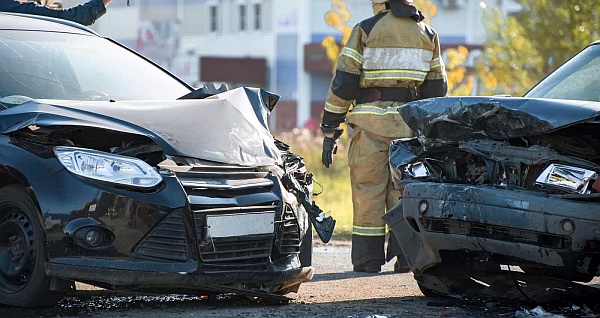Car seats serve to protect children and infants in the event of a car accident. While it seems like you and other parents probably drive extra carefully when you have a kid in the car, that’s usually not the case. Every 33 seconds, there’s a child involved in a car accident. That means that in Georgia, there are over 2,600 kids involved in crashes every day. Mind you, that only includes children under the age of 13.
But it’s even more troublesome that most parents don’t understand the exact purpose of these complex devices. They’re typically hard to install, and more difficult to adjust correctly. And still, every parent is expected to suddenly know how to install these seats.
If you’ve been involved in any type of car accident, contact a Georgia car accident attorney near you for help.
Varieties and Size Categories of Car Seats
The Safe Kids Initiative in Georgia urges parents to keep their children in rear-facing car seats until the age of three. Although many parents do face their child around two forward-facing between the ages of two and three. Rear-facing car seats offer infants the best protection. There is no strain on their neck in the event of a rear end collision, and there’s minimal jostling. The idea of rear-facing car seats is to offer as much protection as possible for as long a time as possible so long as the child is comfortable we’re facing.
Forward-facing car seats offer less protection but are often necessary as the child grows, and their legs need more space than a rear-facing car seat can offer. Forward-facing car seats do provide a lot of protection in the way of movement from side to side.
Booster seats are a little different. Booster seat serves to accommodate smaller children to the structure of a full-size vehicle seat. What we mean by that is that the back seat is built exactly like the driver and the passenger seats in the front of the vehicle. However, a safety belt won’t fit on an eight-year-old the same way it would fit on an average 25-year-old. A booster seat helps to raise the child in the seat, and some offer more protection.
Booster Seat Guidelines
Children weighing under 35 pounds should be in rear-facing car seats. However, toddlers upwards of 20-pounds that are taller may need to be turned around into forward-facing car seats. The Georgia Department of consumer protection advises that only children who are both over one year and more than 20-pounds should be considered for a forward-facing car seat.
Toddler seats, which are the forward-facing car seats, should stick with the child until they are three years of age and 40 pounds. When a child hits 40 pounds, they can transition to a booster seat which they’ll stay with until they are eight years old, 80 pounds, or over 4 foot 9 inches tall. Once the child hits 4 feet and 9 inches tall, they can progress to a standard safety belt. They can be over 80-pounds and under the height limit to progress out of the booster seat as well. Of course, if you have any questions, you should ask your pediatrician.
Seatbelt and Car Seat Stats
When used correctly, a car seat can be 71% effective in preventing injuries among infants. Additionally, they’re 54% effective for toddlers. Unfortunately, Georgia is not leading the country in seat belt safety. George is the seat belt usage right around 80%, and most fatalities in the state involve the victim not wearing a seatbelt.
The best way to protect children in the vehicle is by using the appropriate car seat, installing it correctly, and adjusting it to the size of the child. The best way to protect yourself in a car accident is to wear your seat belt at all times. If you’re in a vehicle, it doesn’t matter if it’s a parking lot or a freeway you should have your seat belt on.
Georgia Car Accident Lawyers Help Victims Recover
If you or your child was hurt in an Atlanta accident, then you need the support of your attorney. At the Weinstein Firm, there’s support for any victim. We’re extremely familiar with the Georgia car accident restraint and safety laws. Often these will come up to help showcase that the parents involved did everything that they could to protect their child.
After a wreck, you should have all of your time to focus on getting you and your family back to peak health. As you do that, our attorneys will be hard at work, developing your case and negotiating for the maximum possible compensation. Call The Weinstein Firm to arrange for a consultation to discuss your needs and concerns.




